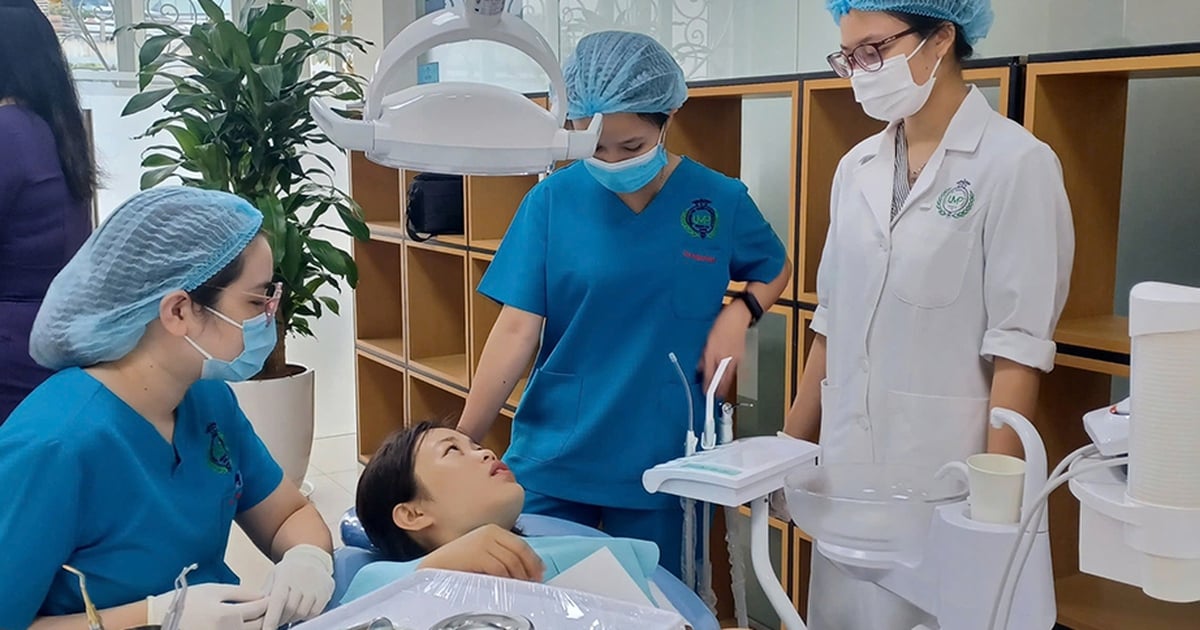Although sunlight has UV rays, you should not completely avoid sunlight. With early morning sunlight, sunbathing for about 10 minutes a day will help the skin create vitamin D and this is good for health, according to the health website Healthline (USA).

Wearing sunglasses will protect your eyes and the skin around your eyes from UV rays.
UV rays are strongest between 10am and 4pm. During the year, UV rays are stronger in spring and summer than in autumn and winter. The farther away from the equator, the less UV rays there are.
If you have to go out in hot weather, to protect your skin, you need to bring the following items:
Long sleeve jacket
When going out in the sun, it is important to wear long pants, long-sleeved shirts, or jackets. Shirts and shirts offer the most UV protection. Light-colored fabrics provide better protection than dark-colored fabrics. Thick, dry fabrics block UV rays better than thin, wet fabrics.
Many companies now produce lightweight, comfortable clothing that offers good UV protection even when wet. The UV protection of these sun-protective clothing is measured by an ultraviolet protection factor (UPF) on a scale of 15 to 50+. The higher the UPF, the better the UV protection.
Sunscreen
Sunscreen is a product that, when applied to the skin, protects the skin from UV rays. However, people need to note that even when using sunscreen, some UV rays can still penetrate.
Therefore, you should not think that if you use sunscreen, you can comfortably stay in the sun as long as you like. The best way is to combine sunscreen with clothing and protect your skin when going out in the sun.
Wear a hat
The ideal hat to protect your skin from the sun is a wide-brimmed hat with a brim of at least 5 to 7 cm or more. This type of hat will help protect all areas of skin that are frequently exposed to the sun, such as the ears, eyes, forehead, nose and scalp.
Baseball caps provide good protection for the forehead and face, but not the neck and ears, where skin cancer often occurs. Straw hats do not provide as much sun protection as hats made of cloth.
Bring sunglasses
Sunglasses are great for protecting your eyes and the skin around them. Studies show that spending long hours in the sun without sunglasses increases your risk of eye disease, according to Healthline.
Source link


![[Photo] Looking back at the impressive moments of the Vietnamese rescue team in Myanmar](https://vstatic.vietnam.vn/vietnam/resource/IMAGE/2025/4/11/5623ca902a934e19b604c718265249d0)

![[Photo] "Beauties" participate in the parade rehearsal at Bien Hoa airport](https://vstatic.vietnam.vn/vietnam/resource/IMAGE/2025/4/11/155502af3384431e918de0e2e585d13a)


























![[Photo] Summary of parade practice in preparation for the April 30th celebration](https://vstatic.vietnam.vn/vietnam/resource/IMAGE/2025/4/11/78cfee0f2cc045b387ff1a4362b5950f)





























































Comment (0)